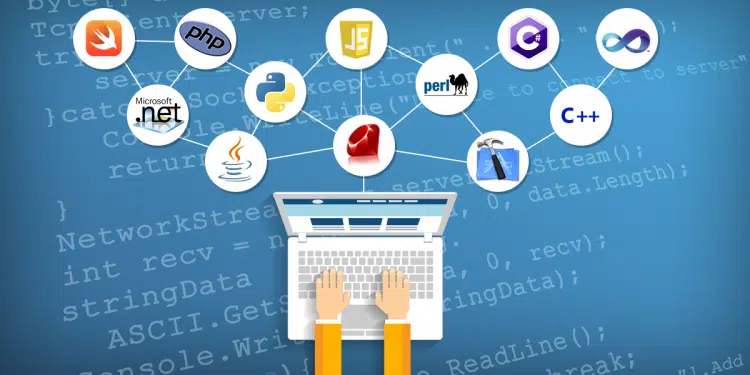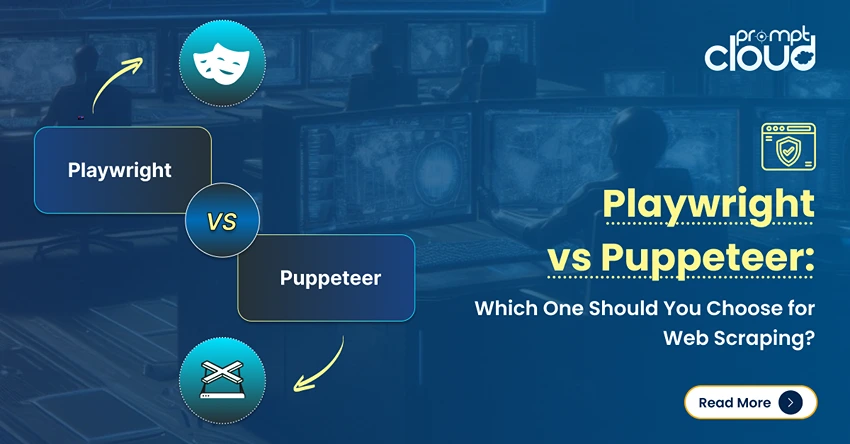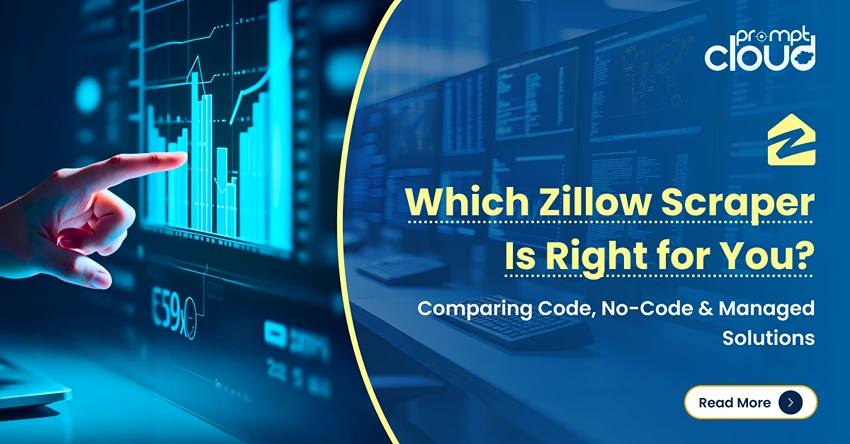
Looking to extract external data from the web and are in search of the best ways to do it? Web crawling and scraping could be the expedition as we’re here to help. But first, let’s find the best programming languages for web scraping. Why? Since it doesn’t make sense to go with a tech stack that doesn’t yield the desired results or else, could drain your resources.
Go with What You’re Familiar with
It is said that the best programming language is the one you already know. This is true to an extent with web scraping too. If you have prior experience in programming, it won’t be a bad idea to find some pre-built resources that support web scraping in that language. Since you already have the know-how of that programming language, you’re likely to come to speed much faster while learning to crawl with it. You can consider this as a stepping stone.
For instance, if you have an established knowledge of Go, then all you need to do is follow a tutorial for building a Golang web scraper and you will have your fledgling project up and running in no time flat.
Third-party Libraries can Make Things Easier
When you start out with web scraping, you don’t really need to start from scratch as there are many third-party libraries dedicated to web crawling that you can easily master. To find a web scraping library for the language you know, you can do a simple google search like this:
“your language name web scraping library”
This should help you find one for sure. If it fails, you can always learn to crawl the web using the best programming language (which we’ll find out in the latter portion of this article.)
If you’re new to programming, extracting data from web scraping can be your first step towards developing a passion for coding. The gaming and web development sector is the major talent puller in the tech industry and web scraping could be your eureka moment to be a coder.
What Makes the Best Programming Languages for Web Scraping?
Web crawling and extracting data from the websites involves a variety of problems–I/O mechanism, communication, multi-threading, task scheduling, and deduplication to name a few. The coding language and framework you use will have a significant impact on your website crawling efficiency as a whole.
Below are the things to look for from an ideal programming language to scrape the web.
- a. Flexibility
- b. Operational ability to feed database
- c. Crawling efficiency
- d. Ease of coding
- e. Scalability
- f. Maintainability
Is the Speed of Scraping Web Language-dependent?
Many beginners overthink the role of the programming language towards the speed of web scraping. However, the processing speed is rarely the bottleneck here. Practically, the main factor that affects the speed is I/O (input/output) as scraping the web is all about sending out requests and receiving the response. Communication with the internet is the real bottleneck here.
As you know, the speed of the internet cannot match that of the processor inside your machine. This doesn’t mean coding languages are insignificant; the speed of a programming language is mostly about the speed of development, ease of maintenance, and code readability.
The Best Programming Languages and Platforms for Web Scraping
A. Python
Python is mostly known as the best web scraper language. It’s more like an all-rounder and can handle most of the web crawling-related processes smoothly. Beautiful Soup is one of the most widely used frameworks based on Python that makes scraping using this language such an easy route to take.
Beautiful soup is a Python library that’s designed for a fast and highly efficient web scraper. Some of the notable features are Pythonic idioms for navigation, searching, and modifying a parse tree. Beautiful Soup can also convert incoming documents to Unicode and outgoing documents to UTF-8.
Beautiful Soup works on popular Python parsers like lxml and html5lib, which allow you to try different parsing methodologies. These highly evolved web scraping libraries make Python the best language for web scraping.
These libraries and frameworks can help you learn the basics of web scraping and could even cover small-scale use cases. However, if you’re looking to extract data from the web for business use cases, it’s better to go with a web scraping service that can take end-to-end ownership of the project. Learn more on why an in-house crawling setup isn’t the best option.
B. Node.js
Node.js is particularly great at crawling websites that use dynamic coding practices. Although it supports distributed crawling, the stability of communications is relatively weak and isn’t recommended for large-scale projects.
C. C & C ++
Although C and C++ offer great performance, the cost of developing a web scraping setup on these languages would be high. Hence, it is not recommended to create a crawler using C or C++ unless you are starting a company solely focused on web scraping.
D. PHP
PHP is perhaps the least favorable language to build a crawler program. The weak support for multi-threading and async is a big drawback, and this could create many issues with task scheduling and queuing. PHP is not recommended for web scraping for the same reasons.
Conclusion
Now that you know the good and bad sides of various scraping languages, it’s time to pick the best programming language that suits you and start scraping. It is, however, important to exercise caution and follow the best practices of web crawling, like hitting the servers at a reasonable interval and scraping during the off-peak hours. Remember, staying a good bot on the web is as important as getting data for your big data project.



















